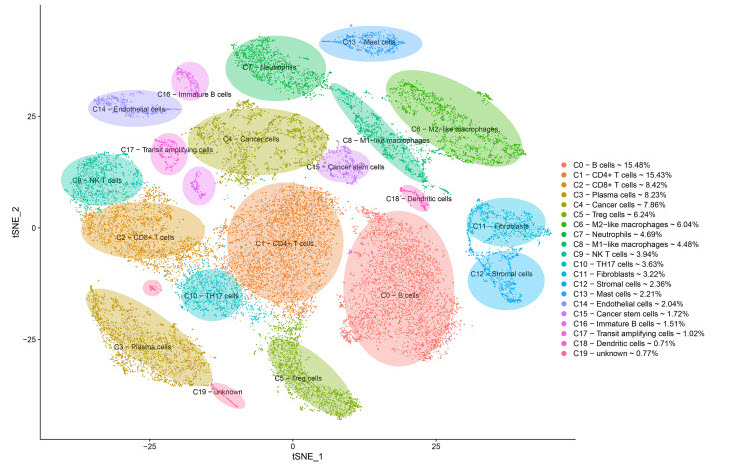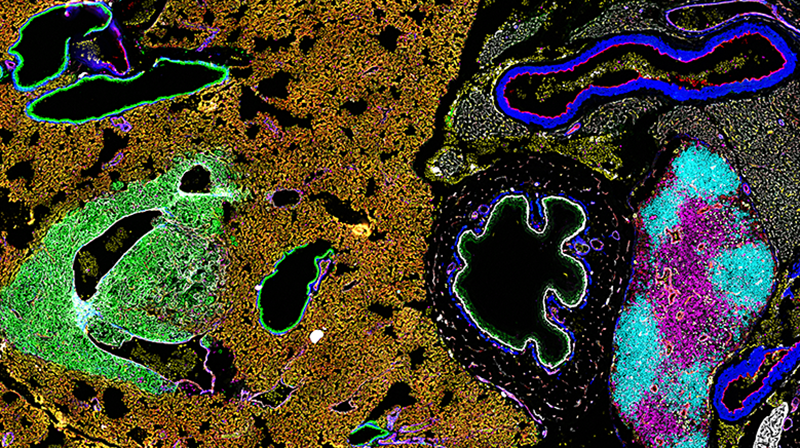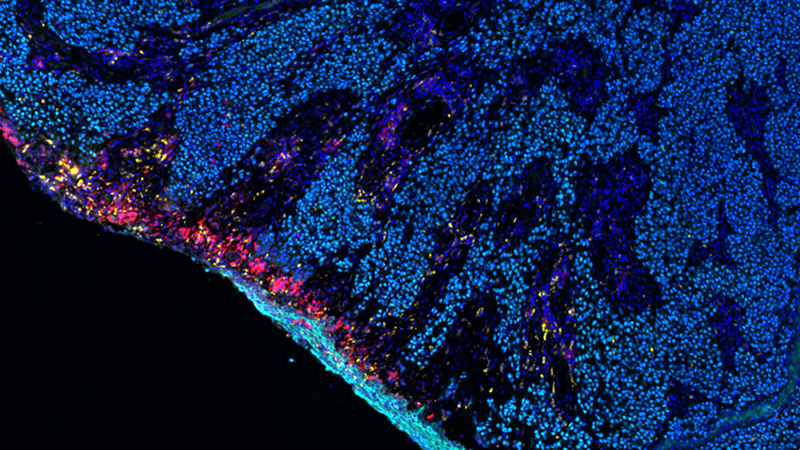31 March 2022 | In this webinar, Dr. Noemi Kedei, a staff scientist at the Collaborative Protein Technology Resource core of the Center for Cancer Research (CCR) at the National Cancer Institute, will present a comprehensive CODEX workflow, from image acquisition to image processing and HALO image analysis. Dr. Kedei leads the core facility that provides this technology as service to CCR investigators, including project consultation and design, antibody panel customization, tissue staining and imaging, image processing, and data management. Since Dr. Kedei and team were an early adopter of the CODEX platform, they have acquired deep expertise in CODEX, having imaged hundreds of mouse and human fresh frozen and FFPE tissues in support of multiple NCI/CCR projects.









